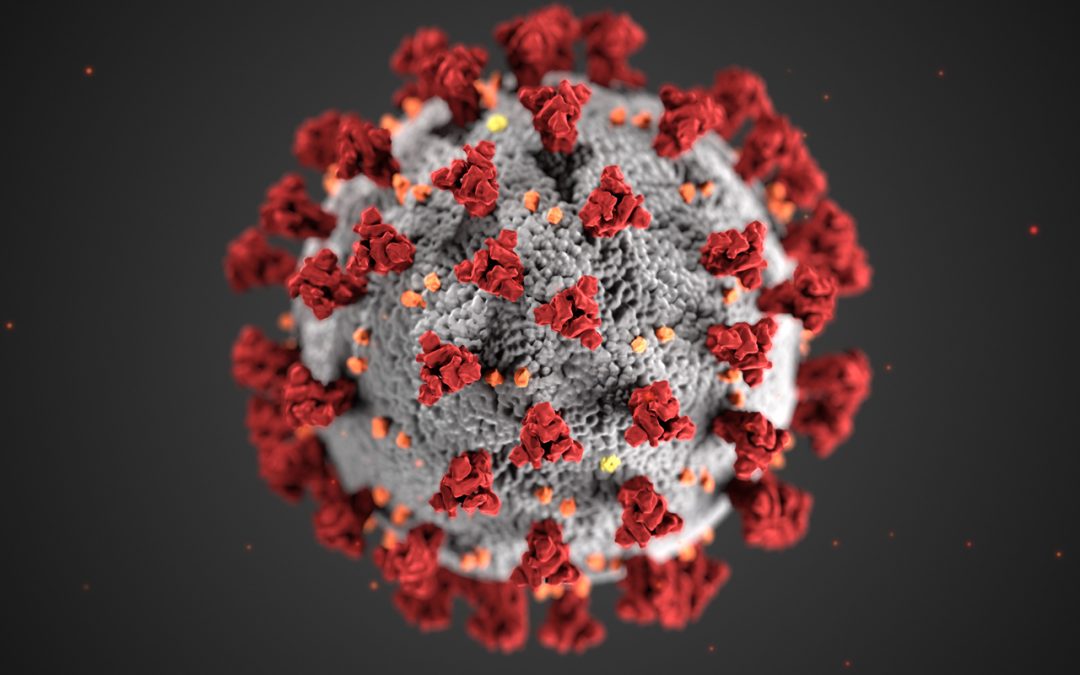By: Nick Pearce, Local Journalism Initiative Reporter, The StarPhoenix
Medical health officers in the far north are pushing for tougher COVID-19 measures to crush spiking case numbers.
Dr. Nnamdi Ndubuka, medical health officer with the Northern Inter-Tribal Health Authority, wrote a letter to northern First Nations last week advising them to adopt a raft of measures toshore up defences against a rising fourth wave driven by the Delta variant.
Given lagging vaccination and an “exponential increase” in cases, “it was really necessary for us to step up and work with our communities to come up with stronger measures,” Ndubuka said.
Those measures include mandatory indoor masking and requiring vaccination for band members and others working with vulnerable populations like children and the elderly.
“Widespread availability of vaccines means that we do not need to go back into a lockdown situation this time,” Ndubuka wrote in the letter.
It calls for vaccine passports or a recent negative COVID-19 antigen test to access non-essential services like gatherings, social and recreational events.
Businesses that serve vulnerable clients or large numbers of customers should also consider the practice, it adds.
Other measures include “strict” measures for public gatherings and ceremonies, and developing capacity for testing, screening and contact tracing.
The letter was endorsed by Prince Albert Grand Council Grand Chief Brian Hardlotte, Peter Ballantyne Cree Nation Chief Karen Bird and Lac La Ronge Indian Band Chief Tammy Cook-Searson.
Since public health restrictions lifted on July 11, NITHA has seen spikes in caseload, Ndubuka said.
There are 386 active cases of COVID-19 in NITHA communities as of Sept. 13, according to a NITHA statement. The communities are facing 14 outbreaks, Ndubuka said.
He noted community leaders have already supported some of the suggested recommendations.
On Friday, the province restored an order for 10 days of isolation for COVID-19 cases and any of their close contacts who are unvaccinated, reflecting a request from leaders like Cook-Searson in the wake of a recent outbreak in Stanley Mission.
However, Ndubuka said the provincial announcement lacks enforcement supports that chiefs and councils had requested to follow through on public health orders.
Despite those challenges, community leaders led the way on other pandemic measures, he said.
Examples include Big River First Nation implementing vaccine requirements for band employees and Lac La Ronge Indian Band rolling out an incentive program offering $300 to band members who get vaccinated.
“Our system is getting overwhelmed, so the quicker that we achieve herd immunity, the better … we can get out of the pandemic,” Ndubuka said.
